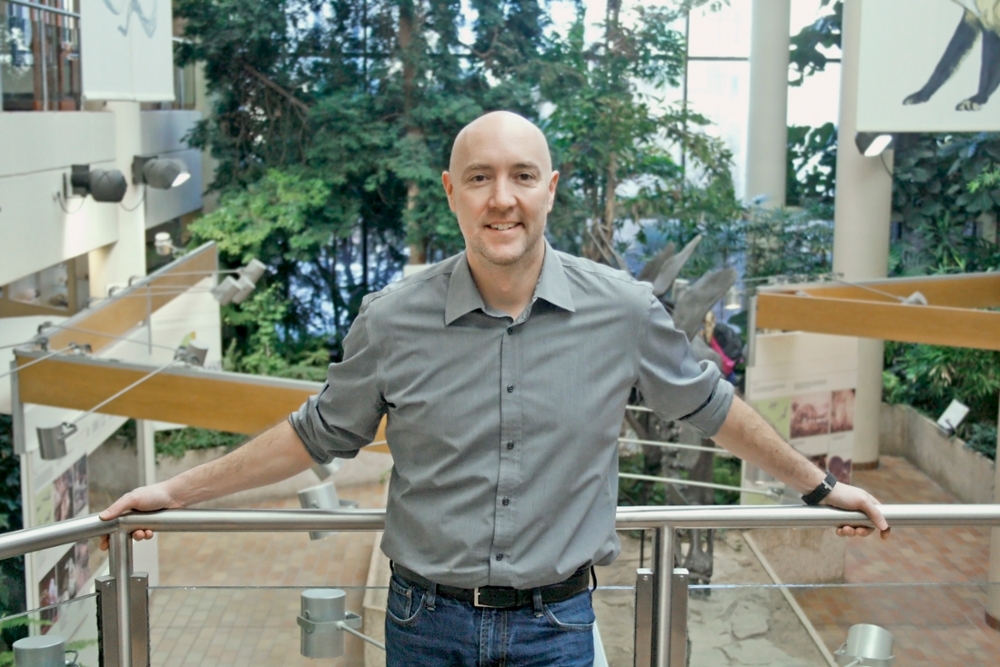
An Early Taste is All You Need
Dr. Chris Todd is a faculty member in the Department of Biology. He was awarded the Provost’s Award for Outstanding Innovation in Learning in 2013.
Dr. Chris Todd is one of many faculty members on campus who has seen the value of undergraduate research first-hand. From incorporating research into his classes to serving as faculty advisor with the U of S Undergraduate Research Journal (USURJ), Todd has worked with student researchers in a number of capacities, all of which highlighted for him the opportunities U of S faculty have to engage with students in a way that, not only feeds back into the classroom, but is fulfilling in and of itself.
Todd regularly offers a higher-level biology class, Biology 421: Functional Genomics, a course that combines teaching and self-directed research by students. Students consistently enjoyed the hands-on experience it provides them. Todd tells us that, in conducting their own experiments, they gain an appreciation for the research process and realize that “some of the best learning comes when things don’t work as expected or don’t work at all.” By being exposed to the nature of research, and how it’s often both messy and rewarding, students develop skills like troubleshooting, critical thinking, and teamwork. In Todd’s experience, these skills are important whether or not a student continues in academia, because they’re skills sought by employers and researchers alike.
It was through his regular involvement in undergraduate research that USURJ came into contact with Todd. Working with an interdisciplinary journal like USURJ, Todd interacted with students from different colleges and majors, giving him the opportunity to see the variety of work students were doing, from fine arts to health studies to agriculture. From his experience both in the classroom and with the Journal, Todd has seen an uptake in undergraduates opting for research opportunities.
For undergraduates who find themselves wondering if research is for them, his advice is to remember the diversity of options available at the U of S. Each opportunity comes with its own intensity and time commitment. If it’s a course, like BIOL 421, students are exposed to research in a low-stakes environment where they are learning with their peers (and getting credit either way!). If it’s submitting to USURJ or becoming an editor, there’s still a lot more to gain than lose as students learn what goes into peer-review and publication. Whatever it is, Todd claims “an early taste is all you need” to find out if research is for you. He encourages students to get involved and reach out to professors. “Researchers are people first,” he says, and simply starting a conversation or expressing interest can go a long way.
For the most part, getting involved in undergraduate research is just a matter of saying “yes” – and this goes for faculty, too. Saying “yes” to undergrad research, like Todd did to BIOL 421 and USURJ, means getting the opportunity to nurture inquisitive attitudes among your students in the classroom and beyond, and watching as their research takes them to new places. It allowed Todd to get to know students on an individual basis, and realize that for every student he got to know, there were “a ton of other students who are just as bright and engaged” somewhere else on campus.

